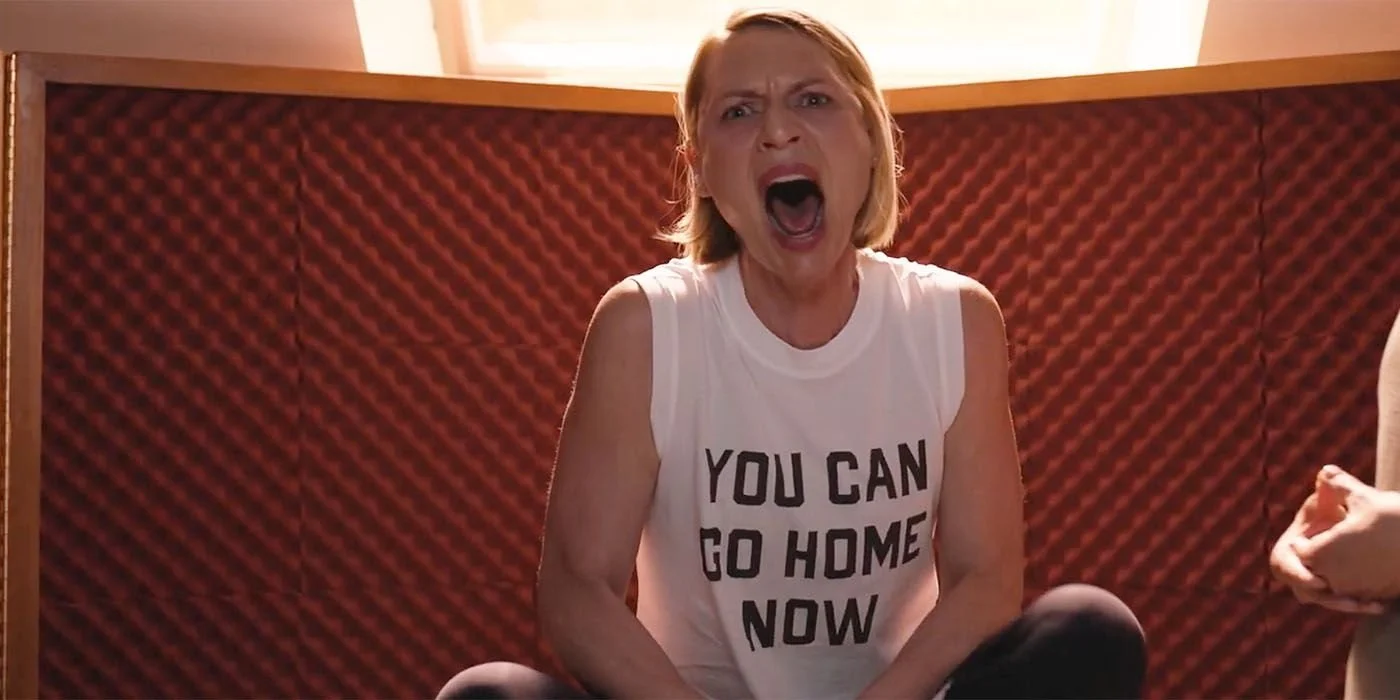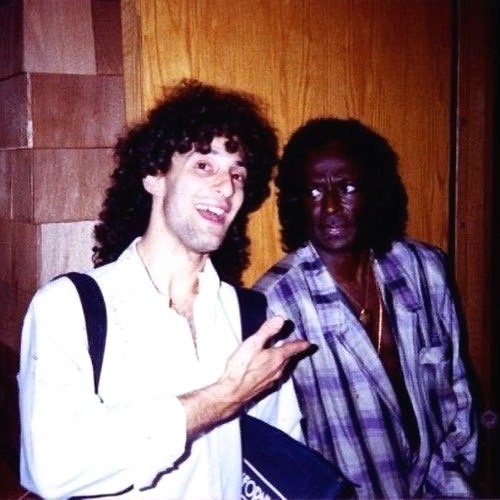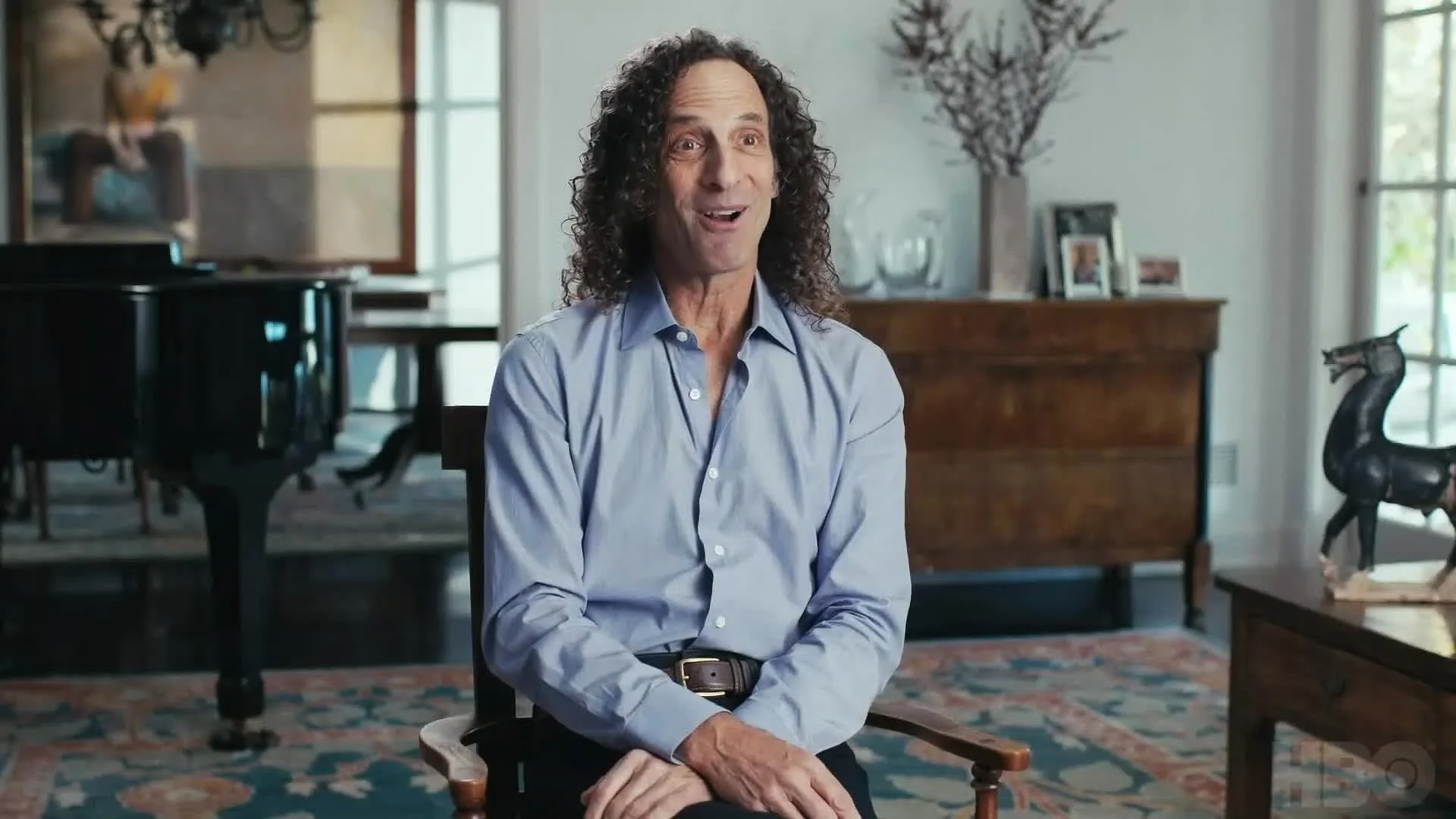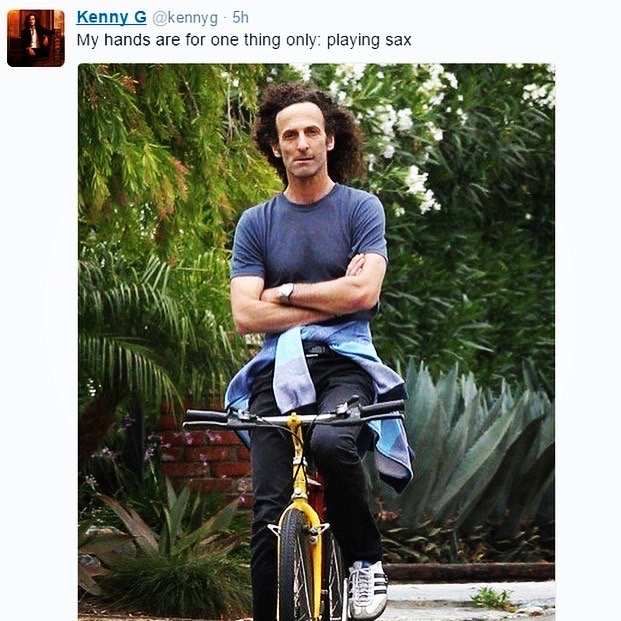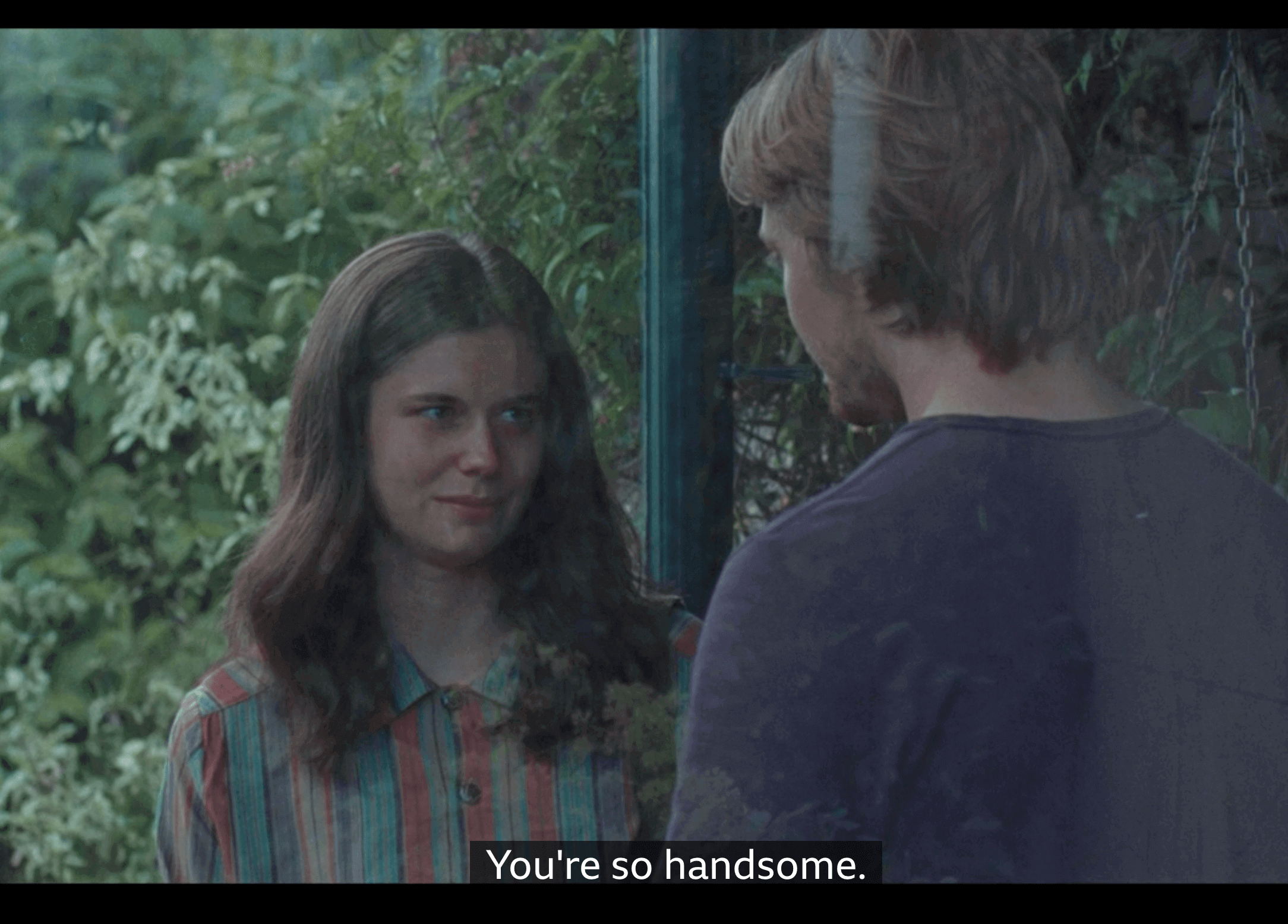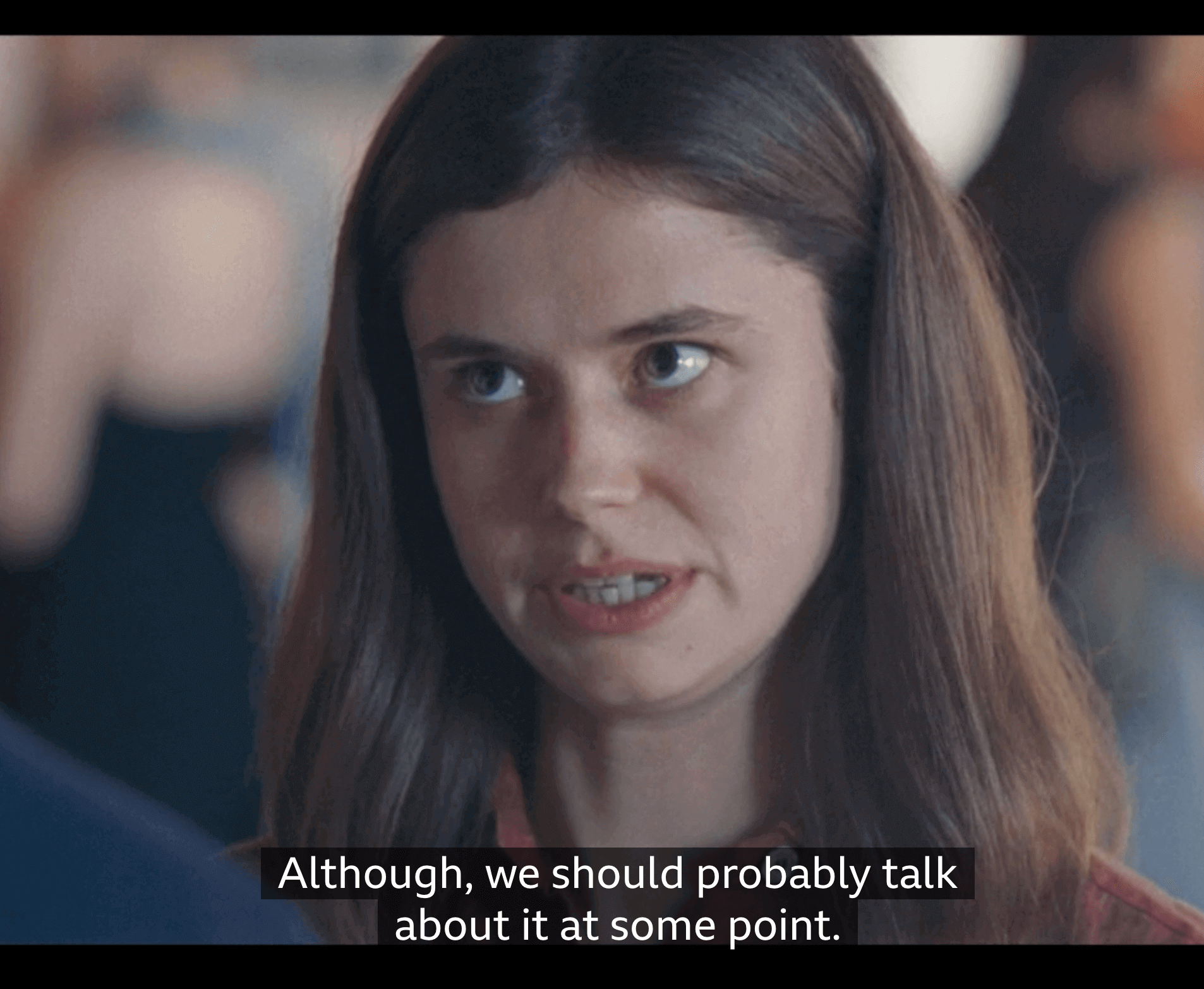As neither a father nor a spouse, I was curious about what drew me to Fleishman is in Trouble not once but twice. The Hulu Original was adapted from a novel by Taffy Brodesser-Akner, whose NYT profiles of stars such as Val Kilmer have become the effusive gold standard. It appears to centre on pious Dr Toby Fleishman (Jesse Eisenberg) who is struggling to deal with his divorce from Rachel (Claire Danes), a status-obsessed, workaholic talent agent.
They were a financially secure couple ensconced in a Manhattan milieu where everyone's trying to outdo their 'friends' and compete for the title of most unlikeable or obnoxious. Now Rachel's taken off somewhere (not alone), leaving the kids with Toby who's been tearing through the dating apps like a horny college kid fresh onto campus.
Without giving the game away, and to our surprise having mounted a pile of ill will towards a bad mother, he's not the only Fleishman in trouble.
Meanwhile, we also meet Toby's college friends Libby (Lizzy Caplan) a housewife who feels unfulfilled as a writer and trapped in suburbia, and eternal bachelor Seth (Adam Brody) who's wiser than he looks and realises he needs to grow up.
It's easy to reduce this show to tedious self-pitying and coveting by a bunch of self-absorbed rich people. It's like, how much is enough? Do you know the meaning of the word "gratitude"? Do you realise you are the chief architects of your own apparent misery? Lighten up. Let go.
And Lord knows, it's open season on the wealthy as The Menu, The White Lotus, Succession and Triangle of Sadness give us endless opportunities to mock them and relish their downfall. But watch long enough and you realise that privilege does not insulate you from unshakeable feelings of inadequacy and insecurity. They've just got bigger, better treadmills and unattainable goals. Turns out, rich people also do irrational very well.
The show has a wider sphere of relevance than you realise. Fleishman is in Trouble deftly ponders ageing, the uninhibited and life’s-to-be-written wonder of youth, living with the choices we make and trying to navigate diverging paths in relationships. In the case of Rachel and Libby in particular, it's about dealing with exhaustion with oneself. I found it a useful exercise in empathy, how to see a particular situation from a different perspective, something series creator Brodesser-Akner is acutely aware of as an experienced interviewer.
The cast really makes us confront their characters, whether provoking sympathy, frustration or revulsion. Eisenberg does awkward and neurotic very well (once again) – he's annoying in a good way. While Danes gets a chance to really stretch out across the series and show her emotional range. Head over to Disney+ and give it/them a chance. Your patience will be rewarded.
I will leave you with this obvious but necessary truth bomb from Rachel Connolly in The Slate: “We will all die, someday. And everyone is getting older all the time. It can feel like there are rules about how you are supposed to spend your time and money, but there aren’t. Only choices, which you can make, or not make. Money can make some practical things easier. But ‘two-nannies-and-a-chauffeur, spring-break-in-St.-Barts’ money isn’t really doing that anymore, is it?”


